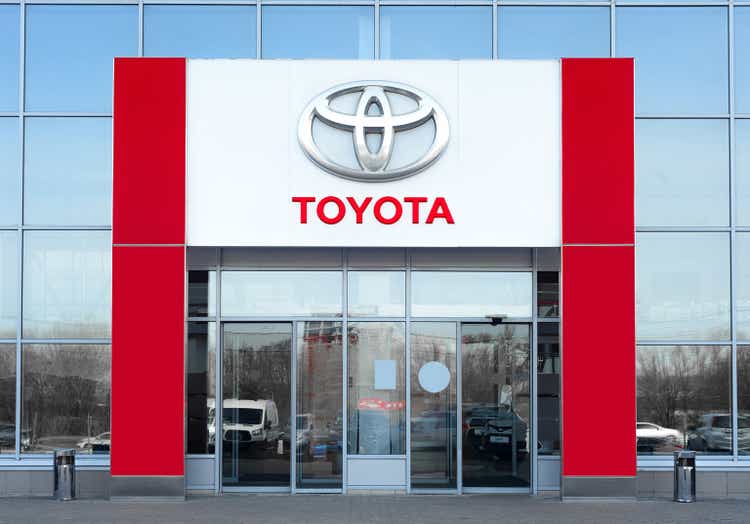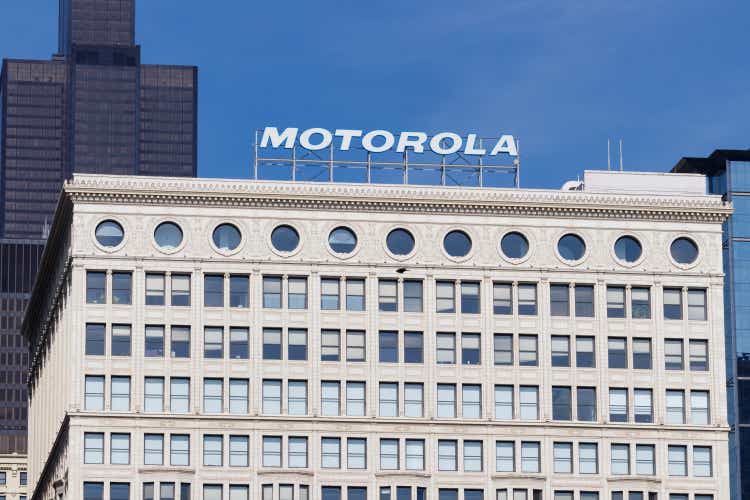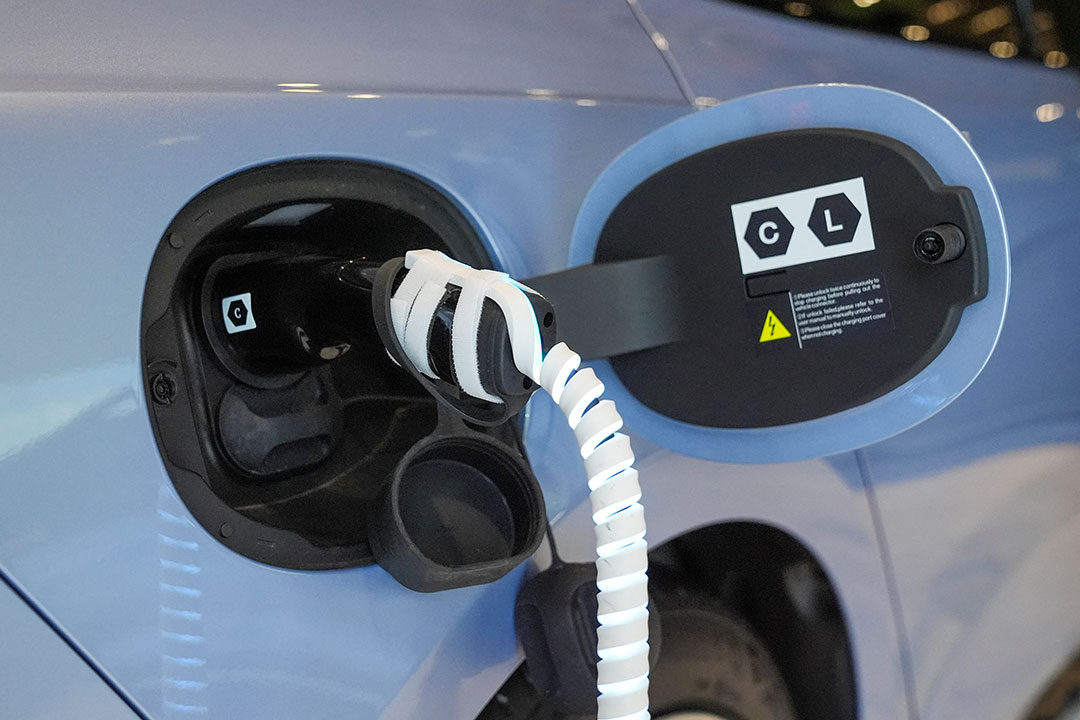The ascent took 24 straight hours.
Equipped with backcountry skis, Nico Simko and his friends recently climbed Gran Paradiso, at 13,323 feet, the highest mountain in Italy. They slept four hours, hiking through most of the night to reach the summit—and then came the prize.
“When you get to the top, you get to ski down, and it takes only an hour and fifteen minutes,” Simko told me.
So you trudge up, and downhill fly. Simko, cofounder and CEO of Clair, runs a startup that’s had its own long night climbing uphill—founded in 2020 to offer embedded earned wage access through employers, Clair spent three years and $20 million to build its product, before ever onboarding a single customer.
Today, Clair works with publicly-traded bank Pathward and has partnerships with Gusto and TriNet, while operating across 80,000 businesses and two million employees. And now: Clair has raised $23.2 million for its Series B, led by Upfront Ventures and with participation from Thrive Capital, Fortune can exclusively report. Back when Clair raised its seed round from Upfront in 2020, Simko originally sought to raise $1 million—but Upfront general partner Aditi Maliwal came back with a term sheet offering him $4 million.
“Nico knew from the beginning this was the business he’d spend the next five to ten years on,” Maliwal told Fortune. “If it got acquired, he’d still come back, revisit, and start the next business serving this population. So, I said to him: ‘Take a little bit more. This is going to take some time, but you’ve convinced me you’ll be one of the best in this complex category.’”
Earned wage access, or EWA, is a service allowing employees to receive their wages before payday. Over the last decade and especially through the pandemic, EWA has grown across the U.S., where about 78% of people report living paycheck-to-paycheck—though the practice is controversial. Critics argue that EWA is predatory to the tune of payday loans, and presents a series of major legal and regulatory questions. One of the biggest questions: Does EWA constitute a loan? The industry has tussled over this for years, with many saying no—the loan designation portends complex regulatory restrictions.
Come what may, Simko dove headfirst into this debate: He believes EWA is a loan and, as such, should be substantially regulated.
“I started reading the Truth in Lending Act of 1968, which basically says: ‘Look, all we’re trying to do is that when a consumer needs funds, we standardize what that’s like for them, so they can understand the terms of an advanced loan,’” said Simko. “For me, it was logical that whatever I was building would be a part of that. I’ve always wanted to be clear with people what they’re signing up for… So, long story short, the reason I called it a loan was that it felt like it fit there—even if everyone else was hoping it wasn’t.”
Here’s how it works: Clair defaults to free, but primarily makes money by offering customers the option of a flat instant transaction fee of $4.99 and doesn’t charge interest. A customer basically gets an advance on their earned wages for the fee, and Clair automatically gets paid directly from that next paycheck.
Born in Switzerland, Simko moved to the U.S. for college and was floored by the Kafkaesque bureaucratic nightmare of getting a bank account as an international student. He jokes that his distaste for inefficiency and love for clean regulatory setups is “a Swiss thing,” and is why he spent the first three years of Clair getting the company’s regulatory house in order. Still in the U.S. on a visa at the time he cofounded the startup in 2020, Simko was determined to dot every i, cross every t. His goal: Establish a clear, compliant legal framework that proactively addresses regulatory scrutiny, avoid the pitfalls faced by other companies, and build trust with major enterprise clients.
“At the end of the day, I wanted to make sure we were legally protected,” said Simko. “It’s been in the news that DailyPay has been sued by the [New York] Attorney General. And I’m not against them, but I absolutely don’t want to deal with that. Transparently, from the beginning, I wanted to sell this product to ADP, and the biggest payroll companies. And I knew they’d have a team of 25 lawyers reviewing what we do. I wanted to make sure we were crystal clear and clean.”
Simko’s approach struck a chord with Thrive Capital general partner Kareem Zaki, who first invested in Clair in the startup’s 2021 Series A.
“In fintech, there’s a bit of ‘ask for forgiveness, not permission,’” Zaki told Fortune. “Obviously you sometimes have to push the envelope, but I think he’s been very thoughtful about how he wanted to build. He knew which levers he wanted to pull, and for the company’s foundation to be proper, with an eye towards things that can be innovated upon.”
In 2024, when the Consumer Financial Protection Bureau proposed a number of EWA providers be subject to federal lending laws, Simko expeditiously came out to support the CFPB—a gesture indicative of his core beliefs.
“What I’m saying is this: Please regulate us,” he said. “I want people to compare Clair with whatever form of credit they have… The reason why this product exists is because I cater to people when this is, by far, the cheapest form of credit they can find, their best solution. And I have no problem going to the mat and disclosing everything.”
That kind of gung-ho approach to regulation, coupled with investing millions and years in the business’s first few years is an uphill method of company-building—one that means you can cruise downhill perhaps not faster, but with clarity and transparency, much-needed in this fintech landscape.
“My first advertising page says you have a potential fee, immediately,” said Simko. “That’s always the first thing we say. If you want to continue, continue. We may default to zero, but you’ll potentially see a fee of $4 if you need it instantly. That’s always been in our DNA—and that’s the hill I’ll die on.”
Fourth-and-Fund… The NFL’s San Francisco 49ers are getting a few new “teammates.” Three notable VCs have announced an investment in the team, including Vinod Khosla, Bessemer Venture Partners’ Byron Deeter, and ICONIQ’s Will Griffith.
See you tomorrow,
Allie Garfinkle
X: @agarfinks
Email: alexandra.garfinkle@fortune.com
Submit a deal for the Term Sheet newsletter here.
Nina Ajemian curated the deals section of today’s newsletter. Subscribe here.
This story was originally featured on Fortune.com

 6 hours ago
1
6 hours ago
1



















 English (US) ·
English (US) ·